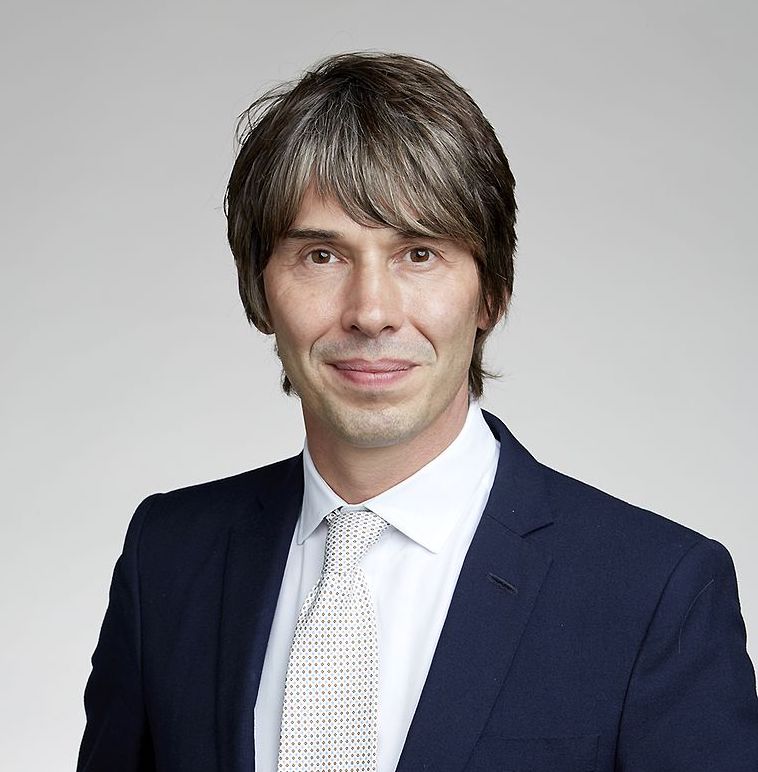 author
authorNicolaus Copernicus
Nicolaus Copernicus was a Renaissance polymath, active as a mathematician, astronomer, and Catholic canon, who formulated a model of the universe that placed the Sun rather than Earth at its center. In all likelihood, Copernicus developed his model independently of Aristarchus of Samos, an ancient Greek astronomer who had formulated such a model some eighteen centuries earlier.
The publication of Copernicus's model in his book De revolutionibus orbium coelestium (On the Revolutions of the Celestial Spheres), just before his death in 1543, was a major event in the history of science, triggering the Copernican Revolution and making a pioneering contribution to the Scientific Revolution.
Copernicus was born and died in Royal Prussia, a region that had been part of the Kingdom of Poland since 1466. A polyglot and polymath, he obtained a doctorate in canon law and was a mathematician, astronomer, physician, classics scholar, translator, governor, diplomat, and economist. From 1497 he was a Warmian Cathedral chapter canon. In 1517 he derived a quantity theory of money—a key concept in economics—and in 1519, he formulated an economic principle that later came to be called Gresham's law.
Nicolaus Copernicus was born on 19 February 1473 in the city of Toruń (Thorn), in the province of Royal Prussia, in the Crown of the Kingdom of Poland. His father was a merchant from Kraków, and his mother was the daughter of a wealthy Toruń merchant. Nicolaus was the youngest of four children. His brother Andreas (Andrew) became an Augustinian canon at Frombork (Frauenburg). His sister Barbara, named after her mother, became a Benedictine nun and, in her final years, prioress of a convent in Chełmno (Kulm); she died after 1517.
His sister Katharina married the businessman and Toruń city councilor Barthel Gertner and left five children, whom Copernicus looked after until the end of his life. Copernicus never married and is not known to have had children. Still, from at least 1531 until 1539, his relations with Anna Schilling, a live-in housekeeper, were seen as scandalous by two bishops of Warmia who urged him over the years to break off relations with his "mistress."
Best author’s book



Written books
1



















